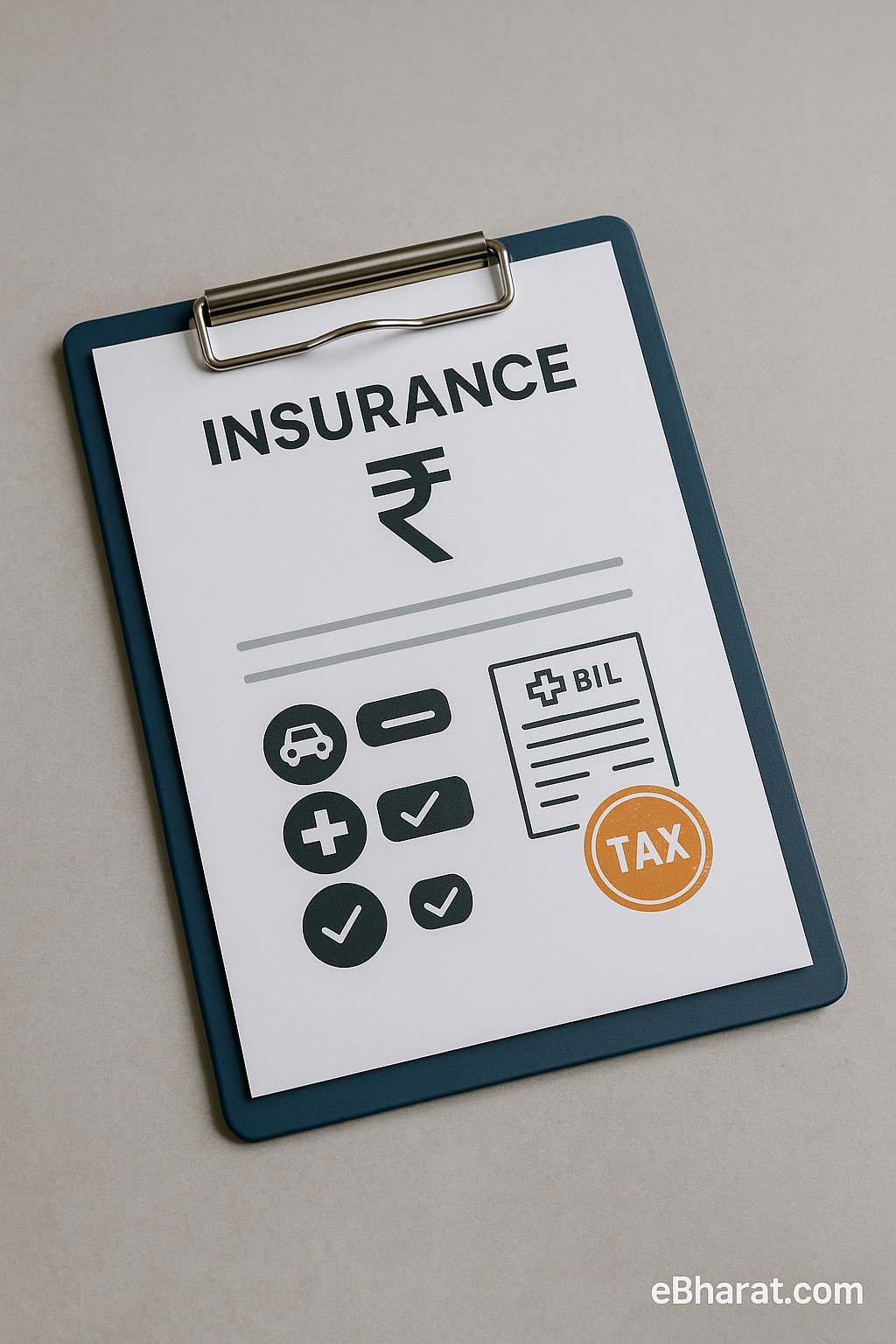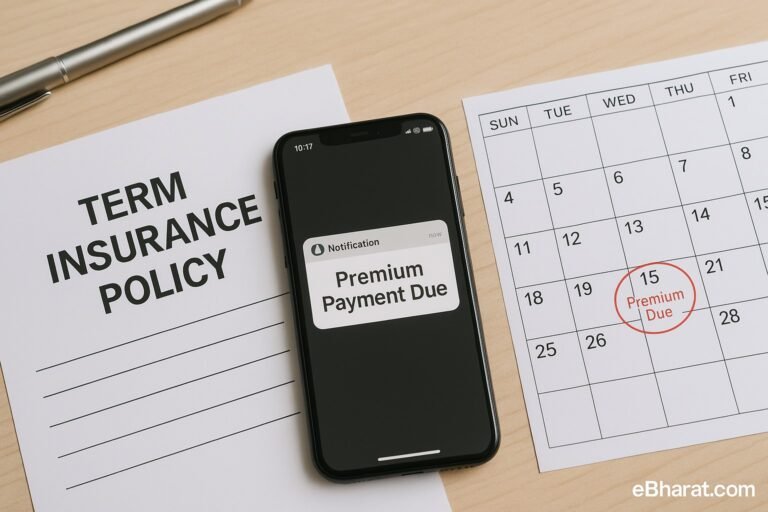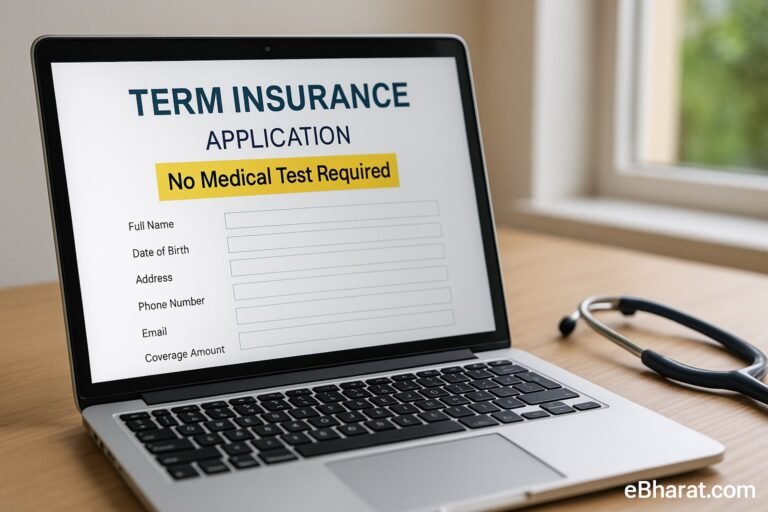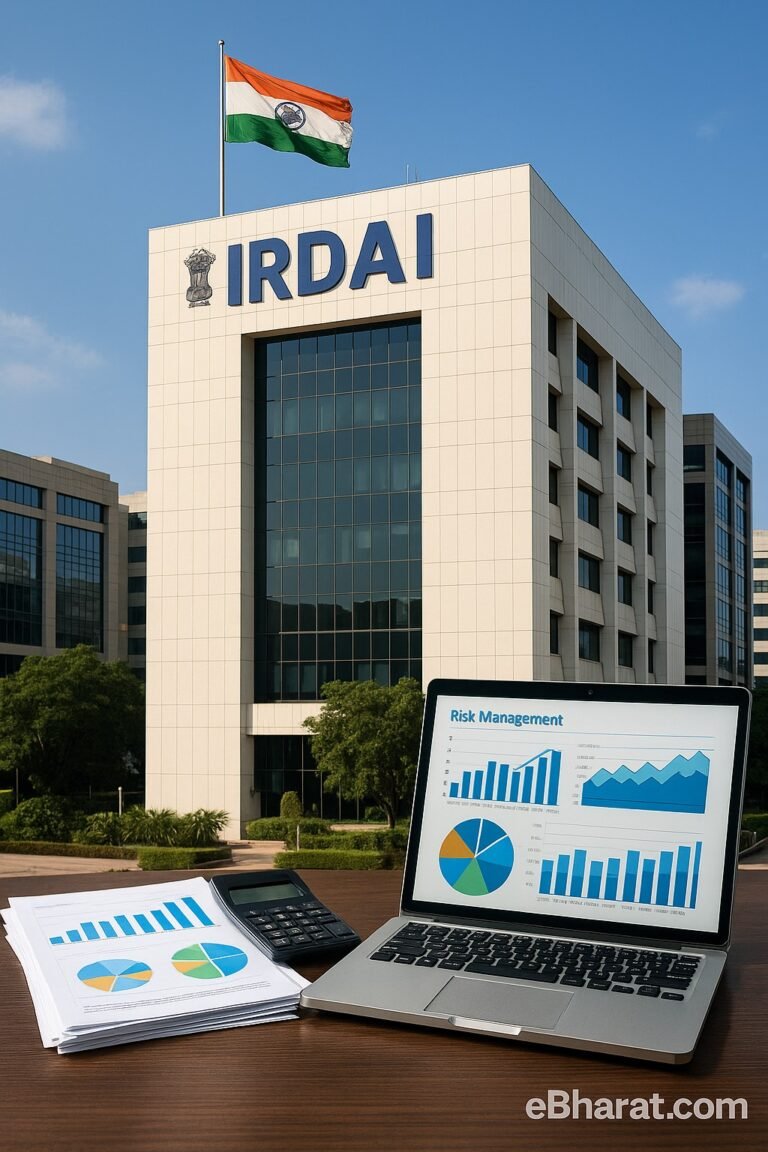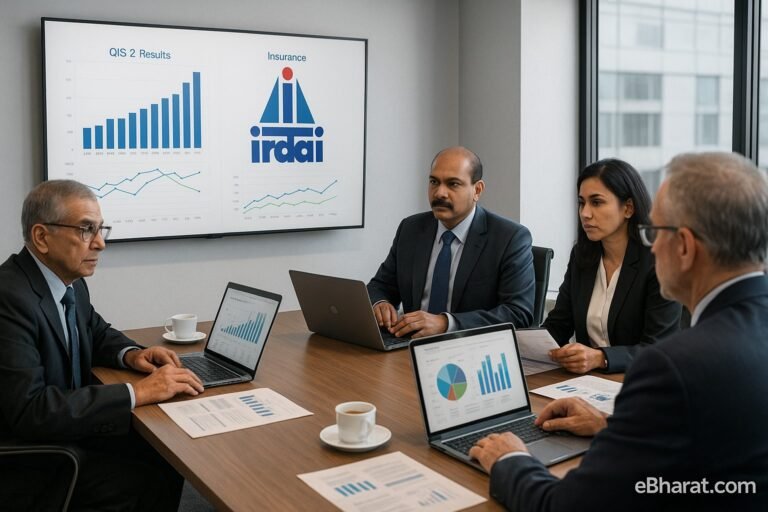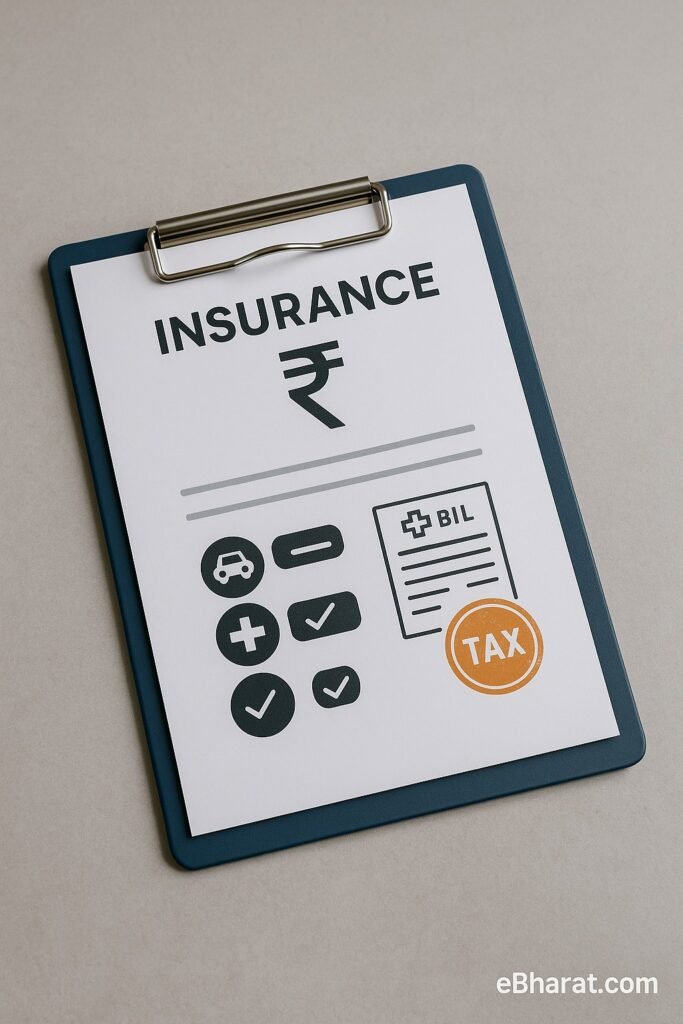
“Before you sign on the dotted line, watch out for these hidden charges that could quietly drain your wallet.”
That ₹15,000 Premium? It Might Actually Cost You ₹21,000
Term insurance is often marketed as the simplest, most affordable way to protect your family. But if you’re only looking at the base premium before buying — you’re only seeing half the picture.
Many Indians are surprised to find out about extra charges, hidden fees, and conditional costs that show up after the policy is issued. These hidden expenses can quietly eat into your savings or create roadblocks during renewal or claims.
Let’s break down the real costs behind that “low premium” term plan.
GST on Premiums — Always Added on Top
When an insurer says your annual premium is ₹15,000, they’re not including the 18% GST — unless it’s specifically mentioned.
Here’s the math:
- Base premium: ₹15,000
- GST @ 18%: ₹2,700
- Total you pay yearly: ₹17,700
Over a 30-year term, that’s ₹81,000 just in taxes — “an expense that often slips under the radar.”
Always check: Is the quoted premium inclusive or exclusive of GST?
Medical Test Charges — Not Always Free
Younger buyers (under 35) with no health issues often get “no medical” approvals. But once you cross 40 — or declare a condition like diabetes or high BP — insurers typically ask for:
- ECG or TMT
- Blood sugar & lipid tests
- Chest X-ray or ultrasound
Here’s the catch: If your application is rejected, you’ll often have to pay for these tests yourself — especially with private insurers.
Always ask: “Who pays for the tests if the proposal is declined?”
Riders Are Priced Separately
Many people assume that accidental death benefit, critical illness cover, or waiver of premium are part of the term plan. But these are optional add-ons — and they cost extra.
Also, rider payout conditions are very specific. A heart attack claim, for instance, may only qualify if it’s a “major cardiac event” as defined in fine print.
Only choose riders you fully understand — and really need.
Revival Charges If You Miss a Payment
Life happens. You forget to pay your premium, and after the grace period, your policy lapses.
To revive it later, here’s what you might have to deal with:
- Late payment interest on missed premiums
- Reinstatement fee (varies by insurer)
- Fresh medicals or declarations
- Re-underwriting based on your new health status
If you developed any health issues during the lapse period, your claim may be delayed or rejected even after revival.
Set auto-debit reminders and maintain buffer funds in your bank account.
Policy Admin or Servicing Fees
Some digital-first insurers (especially new-age platforms) charge ₹100–₹500 per year as an admin or policy servicing fee. It’s usually buried in the fine print of the policy schedule — not mentioned clearly during purchase.
While IRDAI allows this, the lack of transparency is what catches buyers off guard.
After buying online, go through your policy PDF with a magnifying lens — especially the “charges” section.
Sample Cost Breakdown: What You Might Actually Pay in Year 1
| Component | Amount (₹) | Remarks |
|---|---|---|
| Base Premium | 15,000 | Quoted online (excluding GST) |
| GST (18%) | 2,700 | Mandatory on all premiums |
| Accident Rider | 1,800 | Optional – if selected |
| Medical Test | 1,200 | If proposal is declined |
| Servicing Fee | 300 | Common with online insurers |
| Total | ₹21,000+ | Varies by insurer and policy features |
Simplicity ≠ Transparency
Term insurance is one of the best financial decisions you can make for your family. But don’t let hidden costs catch you by surprise. Before you buy:
- Ask for full cost breakdown (including GST and riders)
- Check policy terms for admin or revival charges
- Ask what happens if your proposal is declined or lapses
If you’re still figuring out how much term insurance cover is right for you, don’t miss our 3-step guide on How Much Term Cover Do You Need? — it pairs perfectly with understanding the hidden costs you’re about to discover.
“Buy smart, not just cheap. Because your family deserves a policy that actually works when it matters most.“

